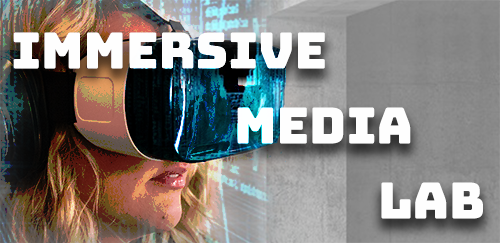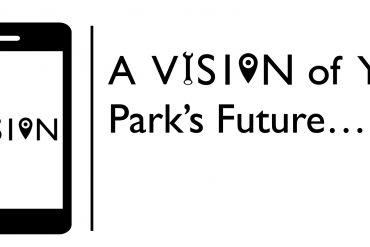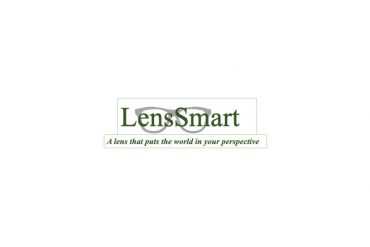
This new experience will offer members of the public the equality and inclusion the fashion industry is not currently offering.
This project sets out to ensure that excluded communities, notably the disabled community, feel welcomed and included when it comes to clothes shopping.
Fashion AR provides software solutions that digitally capture the consumers’ images/dimensions to facilitate online shopping for all, but especially for those excluded communities. The software allows consumers to virtually ‘try on’ clothing so they can make an informed purchase decision. It can also enhance in-store experiences via AR mirrors, which analyse and capture images/information to a personal account for use in the store or later from home via the website.
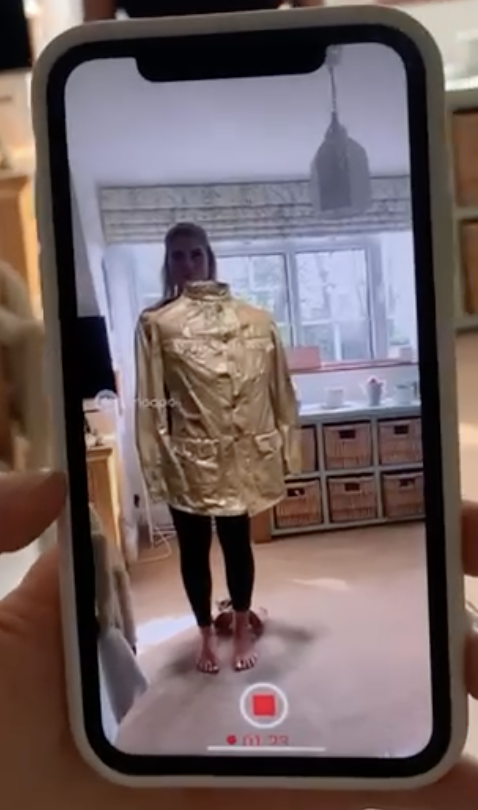
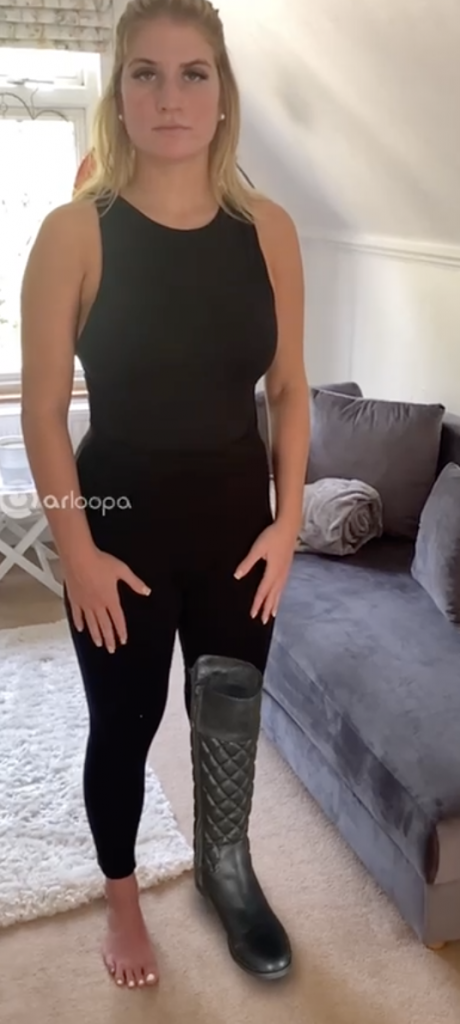
Fashion AR’s technology analyses the consumers’ body shape ensuring the correct size is recommended. This is encapsulated through real-time body analysis and feature tracking for videos and photos. In addition, Fashion AR will be targeting an important, yet under-represented, audience that fashion brands are failing to target – people who do not align to what is deemed to be ‘normal’ body shape. For example, those with a disability or body deformity. This will be hugely beneficial, as this group is typically having to buy sight unseen when shopping online – they have to imagine what the item will look like on them.
To access the AR tools, fashion brands will purchase Fashion AR’s software and integrate it into their e-commerce website, where the consumer will select what they want to add to their basket. The consumer will then use the webcam on their smartphone, tablet or computer which will allow the clothing to virtually appear and be superimposed on the consumer’s image.
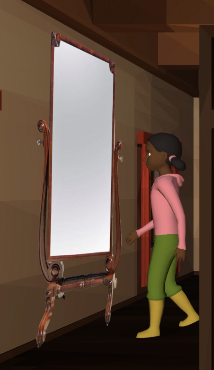
For in store, the consumer will be analysed in precise detail via the in-store mirrors to create an avatar of them. They will then be able to save this into their own private account which they can either access in-store, or on the commercial website.
Consumers will need to agree to terms and conditions and privacy statement so that all mandatory, legal and ethical requirements are met.
Not only is Fashion AR hugely important because of its target audience, it is also generating a better carbon footprint as it will help decrease the amount of returns and packaging for the brand. The consumer is now able to virtually try on the clothing item first. Consumers will therefore be more confident that the recommended size is accurate and thus returns should be limited.
Currently, augmented reality tools are more apparent in the beauty and cosmetic industry rather than fashion. Fashion AR is changing this by bringing AR into the fashion market and it will succeed because it has first mover advantage.
